
If it were up to engineering, everything would be optimized. Efficiency would rule, and the best available outcomes would frictionlessly elevate scientific research, live at … Read More ›

If it were up to engineering, everything would be optimized. Efficiency would rule, and the best available outcomes would frictionlessly elevate scientific research, live at … Read More ›
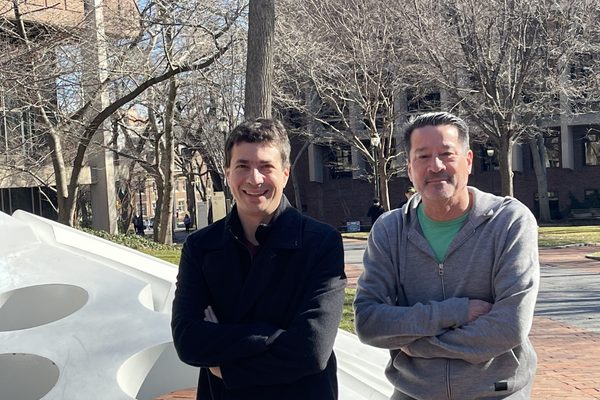
Computer scientists at the University of Pennsylvania School of Engineering and Applied Science have designed a “reconstruction attack” that proves U.S. Census data is vulnerable … Read More ›
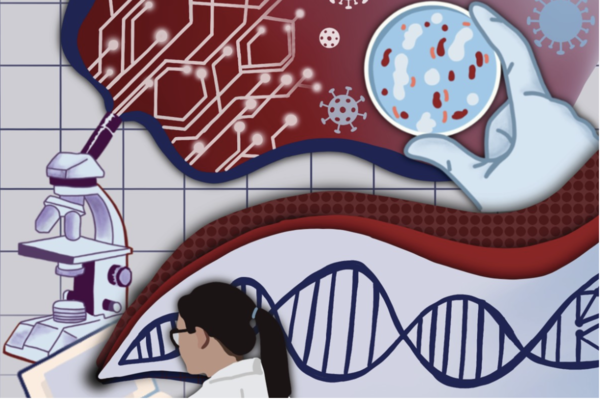
Penn Engineering’s newly established ASSET Center aims to make AI-enabled systems more “safe, explainable and trustworthy” by studying the fundamentals of the artificial neural networks … Read More ›

When it comes to human bodies, there is no such thing as typical. Variation is the rule. In recent years, the biological sciences have increased … Read More ›

John Crocker had expected to see a flat line — a familiar horizontal track with some slight peaks and valleys — but the plot of … Read More ›
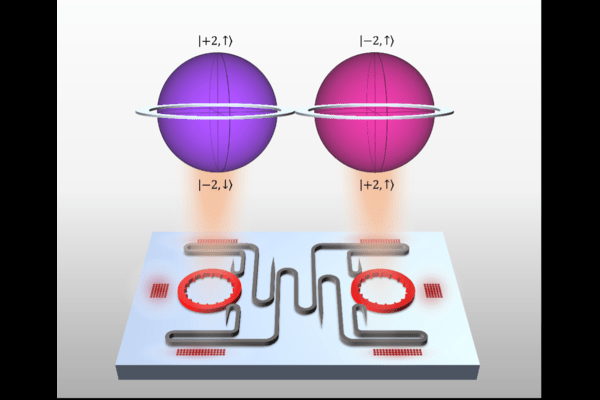
Researchers at Penn Engineering have created a chip that outstrips the security and robustness of existing quantum communications hardware. Their technology communicates in “qudits,” doubling … Read More ›
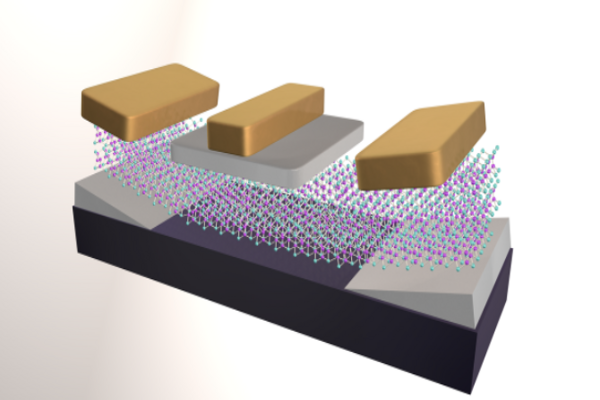
Field-effect transistors (FETs) offer some of the most energy-efficient switching in commercial computing chips. Yet even when operating with minimum possible voltages, FETs still consume … Read More ›
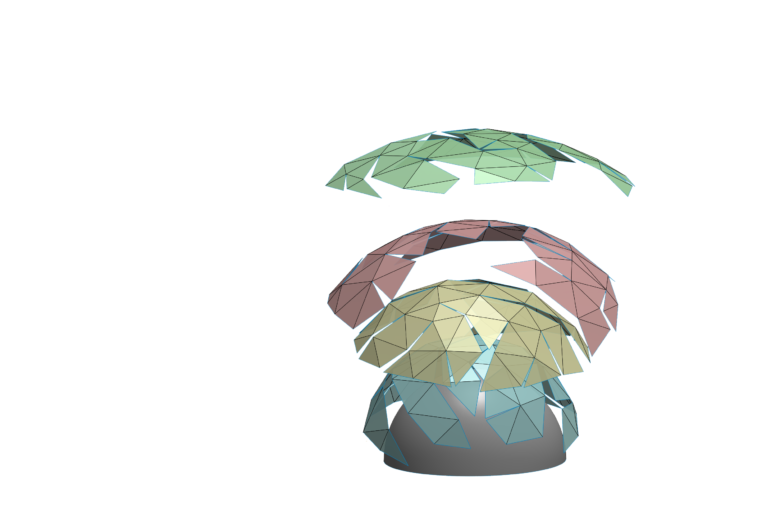
Penn researchers have developed a universal algorithm that allows 2D materials to retain mechanical strength after conversion into 3D structures. The algorithm is the subject … Read More ›
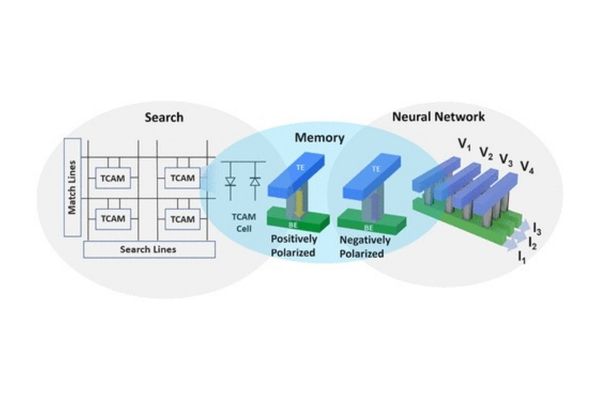
Artificial intelligence presents a major challenge to conventional computing architecture. In standard models, memory storage and computing take place in different parts of the … Read More ›